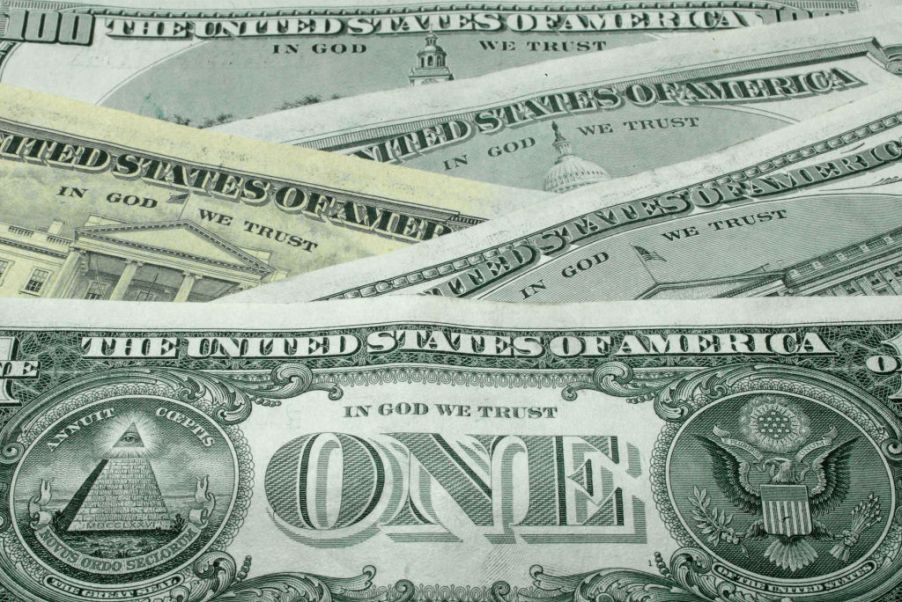
Is It Worth It to Buy a Car in All Cash?
A car is usually the second-most expensive item a person will own. Paying for one is no small matter, especially if you’re considering a new car from a dealer. We’re always told that having too much debt is a bad thing, but when it comes to car purchases, how much is too much? If you can pay for a car in cash, should you? We’ll take a look at some things to consider when deciding how to pay for a car.
When cash doesn’t pay
It’s counter-intuitive to think taking a loan makes better financial sense than paying cash for something, but that’s often the case with car purchases. Doug DeMuro on AutoTrader.com gives the example of paying for a $25,000 car with a $5,000 down payment and a 1% interest rate loan. This loan would only cost $300 in interest. In the meantime, you’ve retained $20,000 in the bank to use in other, more profitable ventures like investing.
The same principle will hold true even if you don’t have the cash to pay upfront. If you only have $5,000 cash to spend on a car, getting a loan can be your ticket to a much higher quality car. Now you can put that $5,000 up as a down payment, and drive away with a much more expensive car. Of course, this will only make sense if you actually have the income to make the loan payments.
Another situation when saving your cash makes more sense is if the dealer is inflexible on the interest rate. Dealers prefer financing in almost every scenario because they make a profit from the interest charged.
If you get approved for a 2% rate by the bank, the dealer may offer you 3.5% and keep the difference. This is legal and common. Offering cash in this situation will encourage the dealer to raise the price of the vehicle in order to make up for lost profits from the loan. The answer? Save your cash, take the low sale price at a high-interest rate, and then pay off the loan early to avoid the interest charges.
Take the money and run
While the majority of dealers have a vested interest in writing loans to consumers, it isn’t always in the best interest of the dealer to finance a car. One chance potential car buyers have to save with cash is at the end of the model year, when dealers become desperate to liquidate inventory on the lot before new models come in. There’s nothing harder to sell on a dealer lot than last year’s model, sitting right next to the new and improved model.
At this point the dealers may offer discounts not seen during the rest of the year, including cash purchase discounts, just to facilitate quick sales. You may be in the market for a newer model, but the deals available during end-of-year closeouts may be too good to pass up.
Cash is usually the best option for less expensive cars, as well. It doesn’t often pay to take a loan on a smaller amount, incurring interest charges for money you won’t really miss having in the bank.
Alternatively, cash is usually the only option in private sales, where individuals are unwilling to allow total strangers to drive away under contract to make payments.
As you can see, it isn’t always cut-and-dry which approach is best when it comes to paying for a car. Don’t be afraid to ask dealers questions about their loans and financing terms. Take the time to do a little research and you can figure out the best approach for your financial situation.


